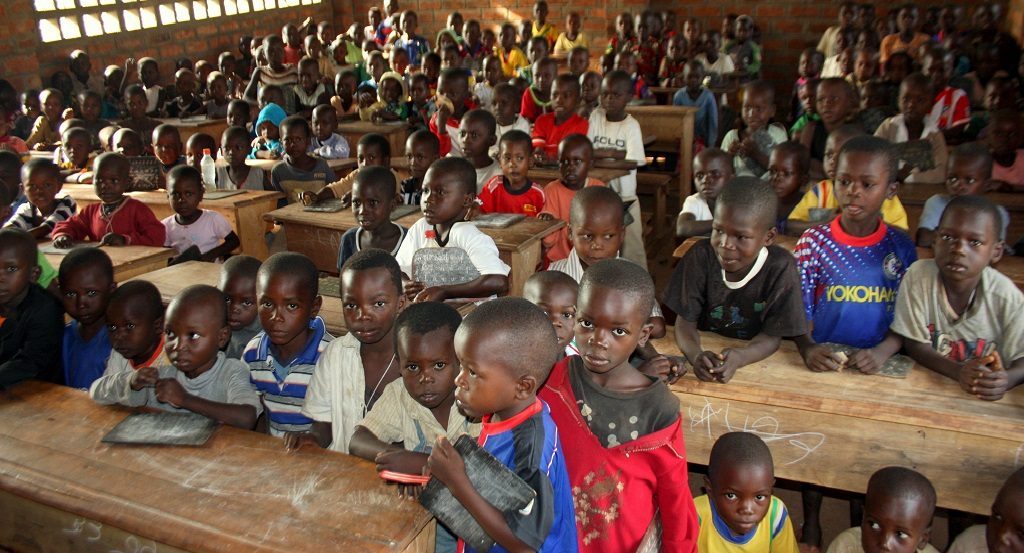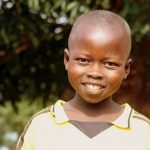
West and Central Africa 2016
In West and Central Africa, FCA had 64 staff members and 16 partners.

In West and Central Africa, FCA had 64 staff members and 16 partners.

“We founded an enterprise with four other graduates from the RADA vocational school. We combined the start-up grants we received upon graduation into one common pot and now we have a construction business. We can support ourselves and we set aside 40 percent of our income for the development of our business.”
Musa Ben Mansaray, Sierra Leone

“I think it was great that the school was opened, because it was closed for a very long time. When the war began and we were attacked, I got lost from my family and ran into the jungle. I often snuck up to the treeline to see if the gunmen had gone away and the school reopened. I couldn’t go to school for two years.”
Guy Durbin Yologo, Damara, Central African Republic
In LIBERIA our work focused on improving the food security and livelihood opportunities of 2,000 families. With training, new tools and new cultivation varieties, the average farmland of families increased from 0.2 hectares to 0.6 hectares, which expanded and diversified their food production and improved their income.
90 women between the ages of 18 and 30, who had previously dropped out of school, studied plumbing, masonry, carpentry, mechanics, electrical work and agriculture with FCA’s support in a vocational education centre. Mothers’ clubs supported 175 vulnerable women by teaching professional and business skills such as sewing, baking, making soap and entrepreneurial skills.
In SIERRA LEONE FCA supported setting up poultry farms and sustainable agriculture by introducing machines into rice farming. Seed banks were founded in villages guaranteeing farmers seed for the next harvest and income from selling the surplus. Food production in communities grew and food security improved.
60 village committees and 60 local disaster response groups with a total of 780 members received training and can now plan and lead development efforts, such as the building of public spaces, community work and joined plots in the villages.
120 religious and traditional leaders participated in trainings on conflict prevention and ediation, and human rights. Village chiefs used new mediation techniques to resolve 25 local
conflicts and disputes. Women’s participation in community decision-making was improved and domestic violence reduced.
FCA supported four professional education centres in Sierra Leone and a total of 236 young women and men graduated from them. Particular attention was given to their employment; 126
graduates received a start-up grant, and 100 were given starting kits to help them get started in their profession. Students that set up small-scale businesses have been able to employ other young people through apprenticeship.
Work continued to improve the food security of communities affected by the Ebola epidemic in Liberia and Sierra Leone.
FCA’s work in the CENTRAL AFRICAN REPUBLIC (CAR) aims to improve the quality of education. FCA restores school buildings damaged in the conflict, trains teachers and provides schools with materials kits. In Ombella Mpoko for example, FCA is supporting more than half of the schools in the county. FCA also supported schools and vulnerable communities to set up farm plots to provide children with better nourishment and families with an income.
The Central African Minister of Education visited Finland and during the visit, a deal was made for FCA to send Teachers without Borders volunteers to CAR to support the development of teacher training.
By FCA’s initiative, a peace curriculum has been developed and 357 people from different parts of the country and from different communities trained to work as conflict mediators.